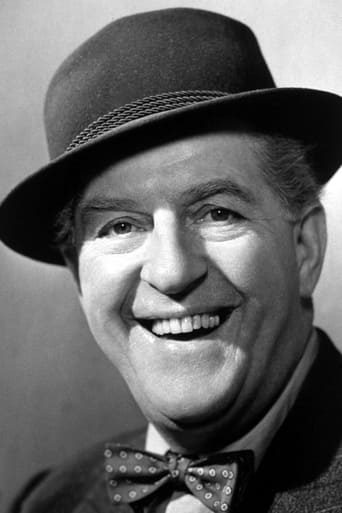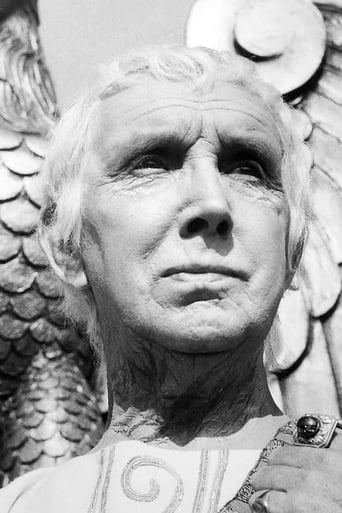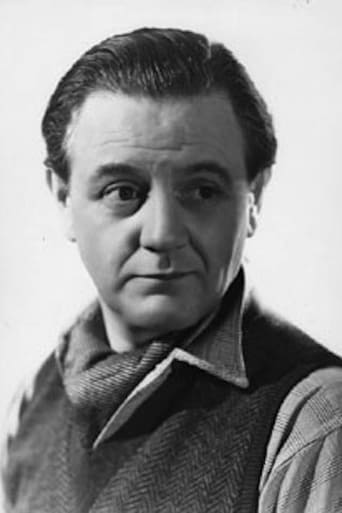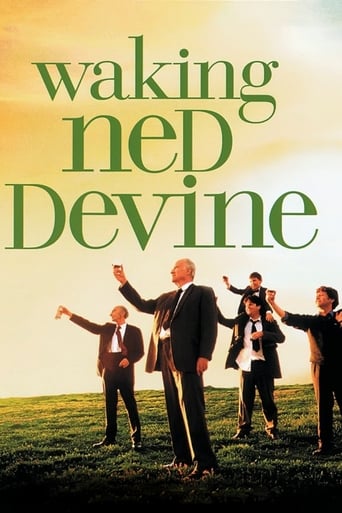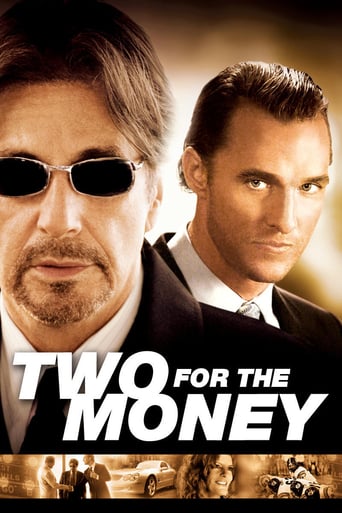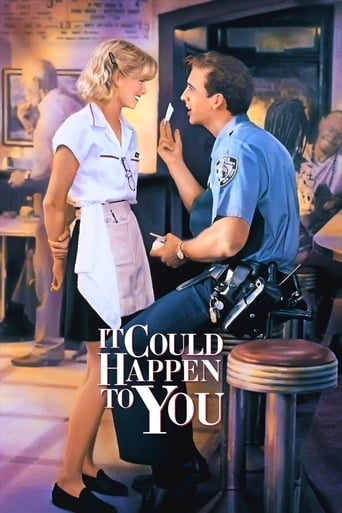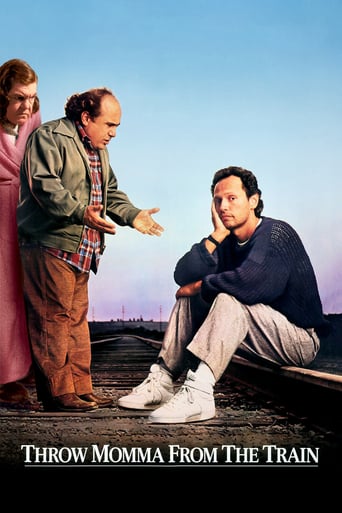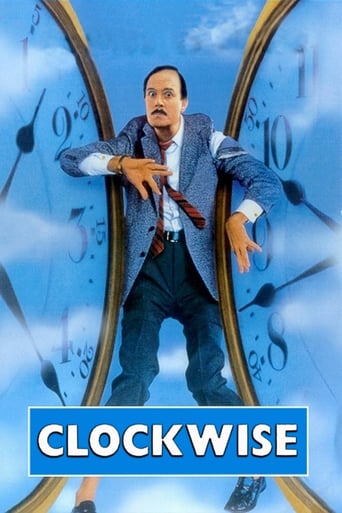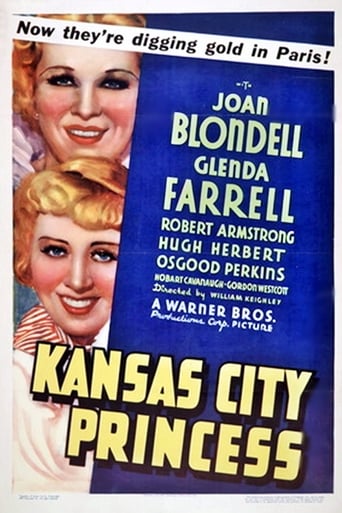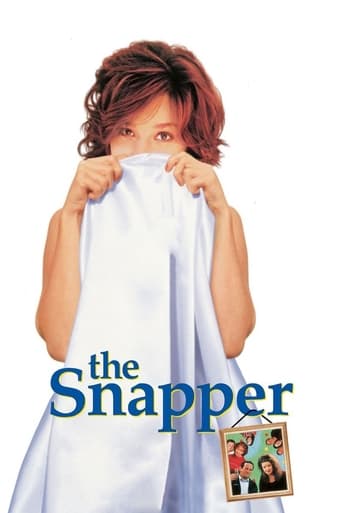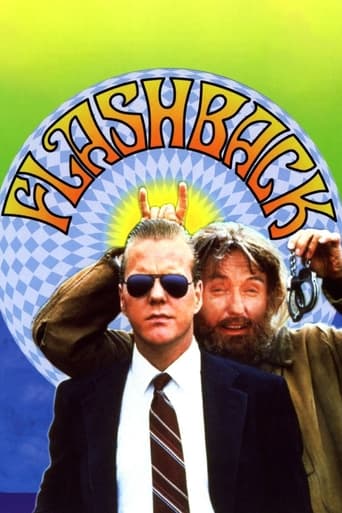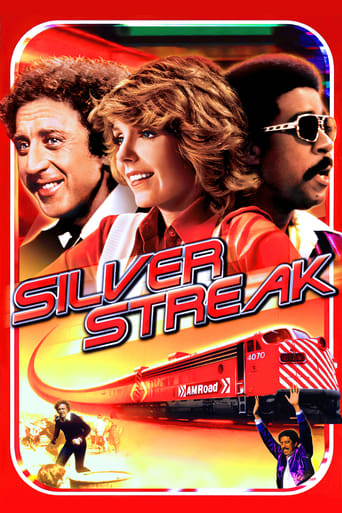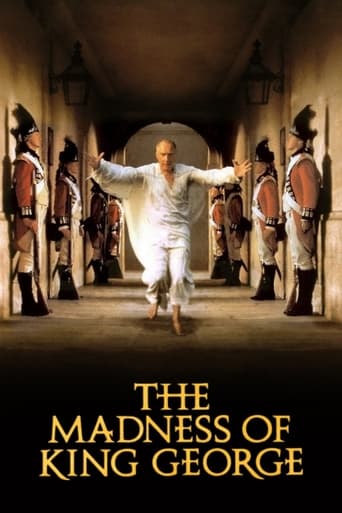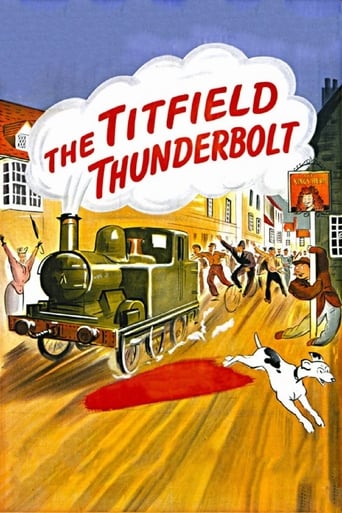
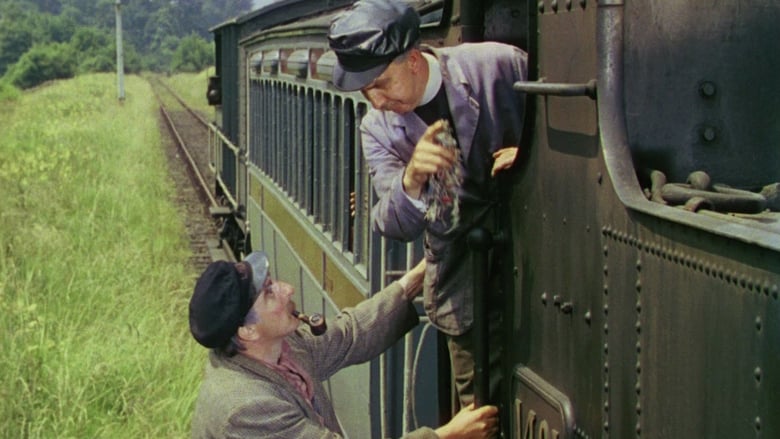
The Titfield Thunderbolt (1953)
When British Railways announce the closure of the Titfield to Mallingford branch line a group of local residents make a bid to run it themselves, backed by a monied member of the community who is attracted by the complete lack of licensing hours on trains. Unfortunately the local bus company starts to use methods that can hardly be seen as fair competition.
Watch Trailer
Cast


Similar titles
Reviews
Made ten years before the Beeching report yet seems to predict it. I showed this film to a Danish friend after playing 'The Blue Lamp'. He chose this as the better film.
Charming and quaint are words often associated with Ealing Comedies as well as having a streak of anti-establishment.During the days of the nationalisation of the railways this is a film of a romantic bygone age but its less successful more known for its nostalgia than substance.Some of the locals with the financial help from the squire who has been promised early morning booze on the train rally around to take over the local branch line which is being closed down by British Rail.The local bus company is none too pleased and plotting to derail the project.With all the skullduggery, some of the villagers try to convince the government inspector that the branch line should be run permanently by them.There are times the locals appear from nowhere to keep the locomotive going but given Naunton Wayne the town clerk discovers that the bus company have been up to no good he does little to grass them up to the government inspector.Its sporadic fun with enough local colour such as the enthusiastic vicar, the poaching engine stoker, boozy squire but the script never catches speed.
To love this film (which I do), one has to accept that it is pure fantasy, even back in the 1950's rural English life was never like it is portrayed in this film, that said, it is a wonderful piece of nostalgia for those who yearn for a picture postcard England that never was. The photography is masterful, as is the direction and acting. To sit down and watch this film is a pleasure for both the eye and the soul. It is wistful, innocent, and above all has that peculiar English quaintness that has somehow been lost in the years since it was made. Ealing Studios had the unique ability to make the whimsical seem believable, (e.g. Passport to Pimlico, Kind Hearts and Coronets, The Ladykillers, The Lavender Hill Mob), and as such should be applauded, especially as these films were made in the austerity of post war Britain. I personally think that this film is the quaintest of all the Ealing Comedies, and also the best. For entertainment value it is faultless and can be watched and enjoyed by any age group, and whether or not one likes trains, to see a 100 + year old locomotive steaming along the tracks is indeed a wonderful sight.
This delightful comedy would be a joy in black-and-white. In Technicolor it's a real treat. The vividly English landscapes are used imaginatively to augment the appeal of the trains themselves. Color is drawn upon inventively to set the moods for various scenes and to cast a wonderful spell of romance, of firmly delineated villains and purest-motived heroes in a classic tale of St George versus the dragon.T.E.B. Clarke's wittily observed, richly characterized script offers a wonderfully unlikely St George in the local vicar. His squire is the young squire himself, his champion a friendly bishop. The dragons are the local bus proprietors. Very fitting. I love trains, hate buses. Any movie that toes this line is going to get 100% of my vote anyway.But, additionally, the acting here is so winning, so endearing, so priceless. Not a single player is out of step. All have their opportunities even Naunton Wayne (in a more or less straight role) and Sid James (as a heavy) and all make the most of them. It's good to see George Relph (a noted actor on stage, Relph made only 14 movies between 1916 and 1959) in the leading role, though Stanley Holloway's fans may be a bit disappointed to find his contribution is comparatively small and lines up as more of a character part than that of a clown. Nonetheless, he does make the most of some delightfully amusing lines and bits of business and does share some glorious moments of inspired slapstick with Hugh Griffith (even if topped by Wensley Pithey's breathless recital of their collective misdemeanors).Producer Michael Truman and director Charles Crichton have obviously made a considerable effort to cast Clarke's wonderful parade of village types with just the right players. Gabrielle Brune, hardly a household name (she made only 21 films between 1930 and 1972, mostly in very small roles) seems ideal as the local hostelry's sympathetic barmaid. Similarly, television actor John Rudling (who made only five films of which this is the third), delivers some of the script's most telling lines with exactly the right tone of brusque officiousness. Of course, people like Reginald Beckwith as the stumped union man and Michael Trubshawe as the "I was about to add" public servant play much their usual characters. But they do it so well and with such precision, who's complaining? Crichton's direction rates as beautifully paced and deftly assured as ever, whilst Slocombe's wondrous photography comes over so pleasingly you really need to see the movie three or four times to appreciate its richness. Auric's score is a crowd-pleaser too, whilst Seth Holt's editing seems as polished as spun gold.Produced on an admirably lavish budget, The Titfield Thunderbolt can be summed up as one of the most brilliant, enduring gems of British comedy. A must for train buffs of course. But equally a superb entertainment for all of us who like to see individuals win against bureaucracy, underdogs defeat "progress".


